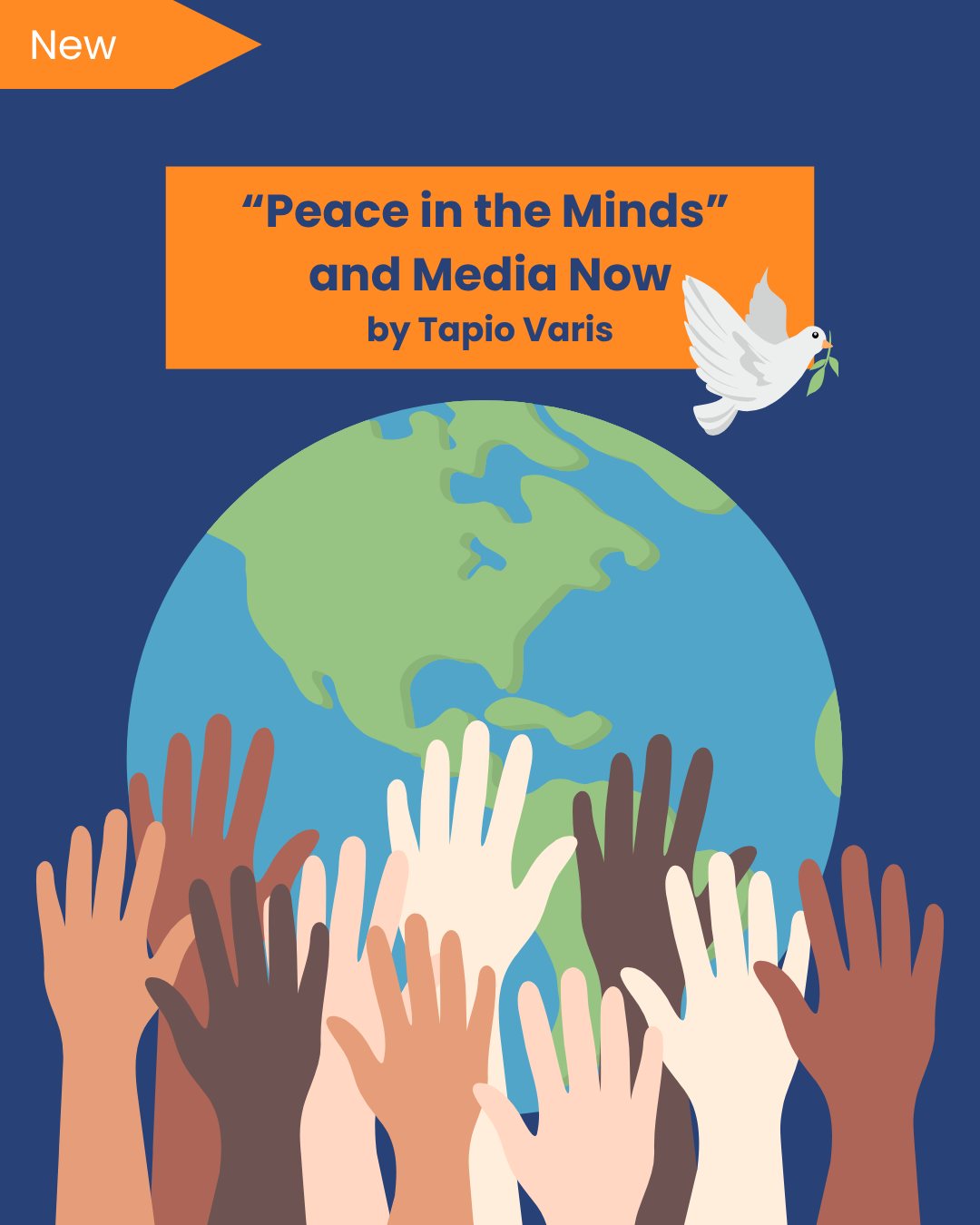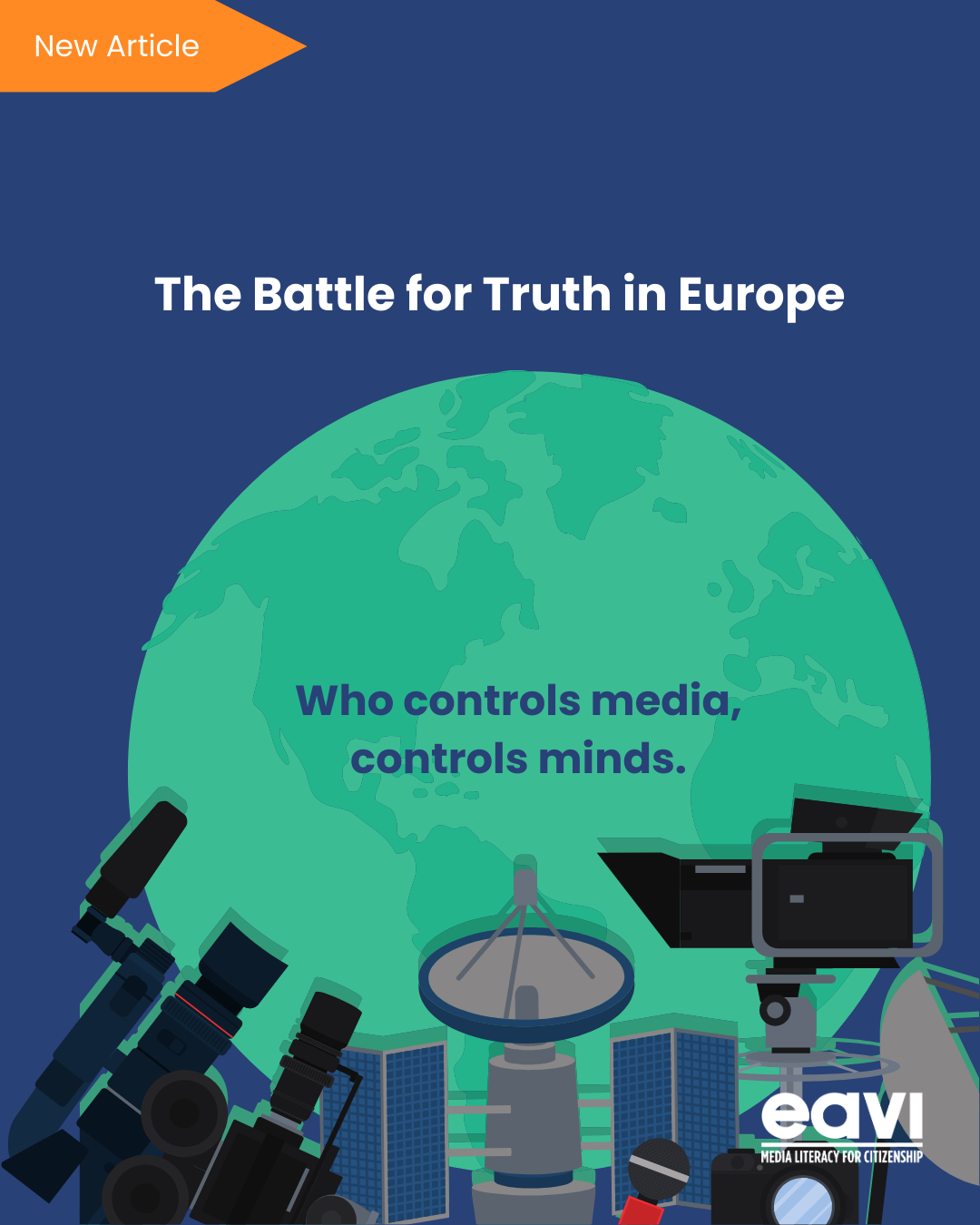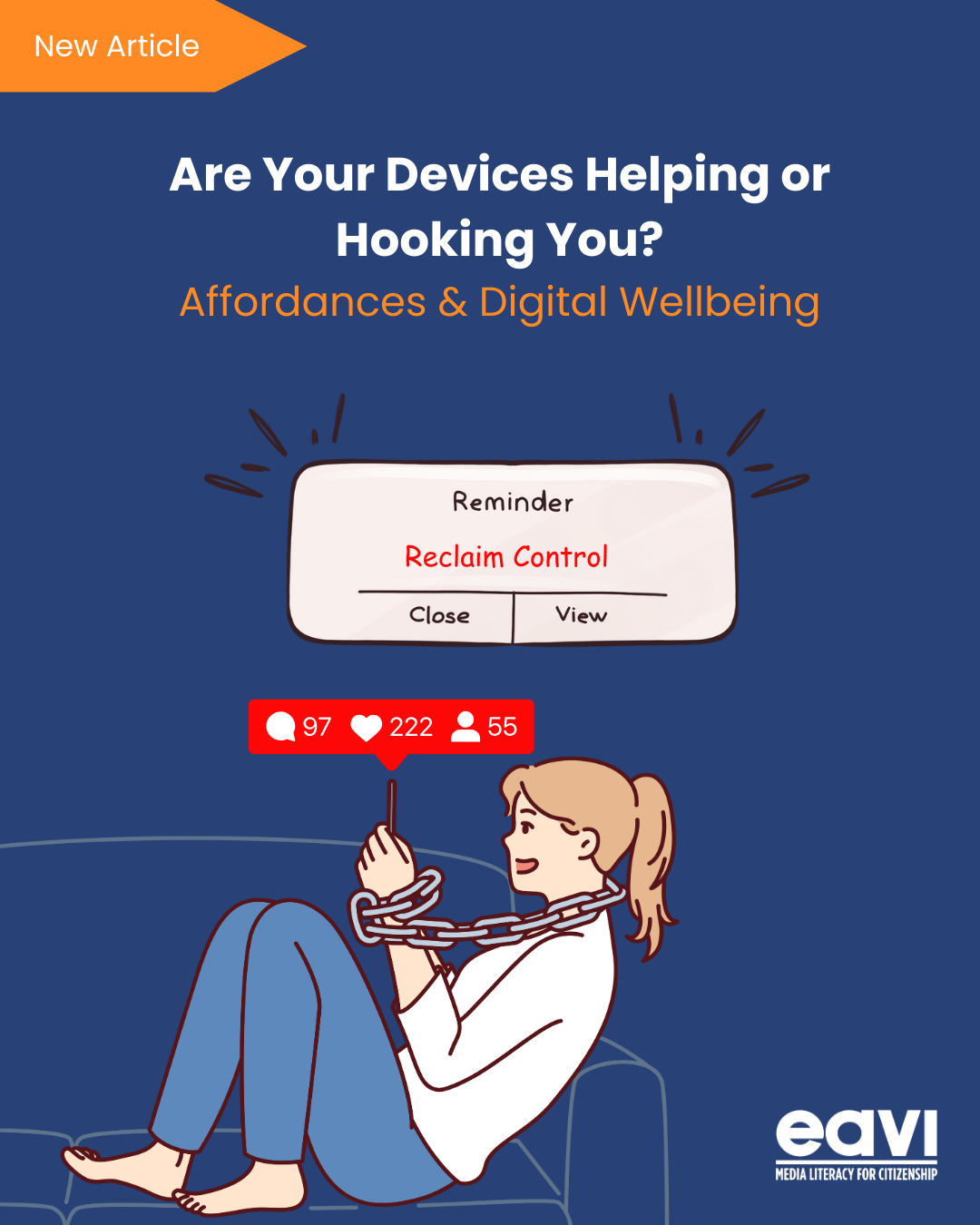In today’s hyper-connected world, digital media has become an indispensable part of our lives. From social media to news updates, from online shopping to mobile banking, technology has seamlessly integrated into our daily routines. However, this pervasiveness of digital media has raised concerns about its impact on our mental health and overall well-being. Excessive screen time, constant exposure to social media, and the pressure to maintain a digital persona can lead to various adverse effects, including anxiety, depression, sleep disturbances, and decreased focus.
The constant stream of information and stimulation from digital media can overwhelm our brains, contributing to emotions of anxiety, stress, and even fear. Social media’s regulated and often false portrayal of people’s lives can contribute to feelings of inadequacy and low self-esteem. Furthermore, the blue light emitted by electronic gadgets might alter sleep patterns, worsening mental health problems.
Some people may also develop unhealthy or addictive relationships with digital technology. This can manifest as obsessive checking of social media or email, a constant need to be on the phone or computer, and a reluctance to disconnect from digital devices.
While technology can be beneficial for learning, communication, and entertainment, it is critical to establish a sense of digital responsibility. Excessive screen usage can have a negative impact on our social development, academic achievement, and overall well-being. Regular digital detoxes can assist people in breaking free of the continual draw of digital media and reconnecting with the physical world.
However, digital well-being does not also refer to being disconnected from technology completely. Digital well-being is more about balancing the use of digital media and physical social interaction in everyday life. It refers to the ability to use technology consciously and mindfully while also enhancing our well-being. We must realize that the use of digital media is inevitable. However, its use must be responsible, and we should realize that we are in control of the digital media we use.
In conclusion, the pervasiveness of digital media in our lives has brought about both benefits and challenges. While technology has revolutionized communication, learning, and entertainment, its excessive usage can have detrimental effects on our mental and physical well-being. To maintain a healthy relationship with technology, it is crucial to establish digital responsibility, set boundaries for screen time, and engage in offline activities that promote physical social interaction and mindfulness. Digital well-being is not about disconnecting from technology altogether but using it intentionally and mindfully to enhance our lives. As we navigate the hyperconnected world, we must strike a balance between the virtual and physical realms to foster a healthy and fulfilling existence.
In today’s hyper-connected world, digital media has become an indispensable part of our lives. From social media to news updates, from online shopping to mobile banking, technology has seamlessly integrated into our daily routines. However, this pervasiveness of digital media has raised concerns about its impact on our mental health and overall well-being. Excessive screen time, constant exposure to social media, and the pressure to maintain a digital persona can lead to various adverse effects, including anxiety, depression, sleep disturbances, and decreased focus.
The constant stream of information and stimulation from digital media can overwhelm our brains, contributing to emotions of anxiety, stress, and even fear. Social media’s regulated and often false portrayal of people’s lives can contribute to feelings of inadequacy and low self-esteem. Furthermore, the blue light emitted by electronic gadgets might alter sleep patterns, worsening mental health problems.
Some people may also develop unhealthy or addictive relationships with digital technology. This can manifest as obsessive checking of social media or email, a constant need to be on the phone or computer, and a reluctance to disconnect from digital devices.
While technology can be beneficial for learning, communication, and entertainment, it is critical to establish a sense of digital responsibility. Excessive screen usage can have a negative impact on our social development, academic achievement, and overall well-being. Regular digital detoxes can assist people in breaking free of the continual draw of digital media and reconnecting with the physical world.
However, digital well-being does not also refer to being disconnected from technology completely. Digital well-being is more about balancing the use of digital media and physical social interaction in everyday life. It refers to the ability to use technology consciously and mindfully while also enhancing our well-being. We must realize that the use of digital media is inevitable. However, its use must be responsible, and we should realize that we are in control of the digital media we use.
In conclusion, the pervasiveness of digital media in our lives has brought about both benefits and challenges. While technology has revolutionized communication, learning, and entertainment, its excessive usage can have detrimental effects on our mental and physical well-being. To maintain a healthy relationship with technology, it is crucial to establish digital responsibility, set boundaries for screen time, and engage in offline activities that promote physical social interaction and mindfulness. Digital well-being is not about disconnecting from technology altogether but using it intentionally and mindfully to enhance our lives. As we navigate the hyperconnected world, we must strike a balance between the virtual and physical realms to foster a healthy and fulfilling existence.
In today’s hyper-connected world, digital media has become an indispensable part of our lives. From social media to news updates, from online shopping to mobile banking, technology has seamlessly integrated into our daily routines. However, this pervasiveness of digital media has raised concerns about its impact on our mental health and overall well-being. Excessive screen time, constant exposure to social media, and the pressure to maintain a digital persona can lead to various adverse effects, including anxiety, depression, sleep disturbances, and decreased focus.
The constant stream of information and stimulation from digital media can overwhelm our brains, contributing to emotions of anxiety, stress, and even fear. Social media’s regulated and often false portrayal of people’s lives can contribute to feelings of inadequacy and low self-esteem. Furthermore, the blue light emitted by electronic gadgets might alter sleep patterns, worsening mental health problems.
Some people may also develop unhealthy or addictive relationships with digital technology. This can manifest as obsessive checking of social media or email, a constant need to be on the phone or computer, and a reluctance to disconnect from digital devices.
While technology can be beneficial for learning, communication, and entertainment, it is critical to establish a sense of digital responsibility. Excessive screen usage can have a negative impact on our social development, academic achievement, and overall well-being. Regular digital detoxes can assist people in breaking free of the continual draw of digital media and reconnecting with the physical world.
However, digital well-being does not also refer to being disconnected from technology completely. Digital well-being is more about balancing the use of digital media and physical social interaction in everyday life. It refers to the ability to use technology consciously and mindfully while also enhancing our well-being. We must realize that the use of digital media is inevitable. However, its use must be responsible, and we should realize that we are in control of the digital media we use.
In conclusion, the pervasiveness of digital media in our lives has brought about both benefits and challenges. While technology has revolutionized communication, learning, and entertainment, its excessive usage can have detrimental effects on our mental and physical well-being. To maintain a healthy relationship with technology, it is crucial to establish digital responsibility, set boundaries for screen time, and engage in offline activities that promote physical social interaction and mindfulness. Digital well-being is not about disconnecting from technology altogether but using it intentionally and mindfully to enhance our lives. As we navigate the hyperconnected world, we must strike a balance between the virtual and physical realms to foster a healthy and fulfilling existence.








































































































































































